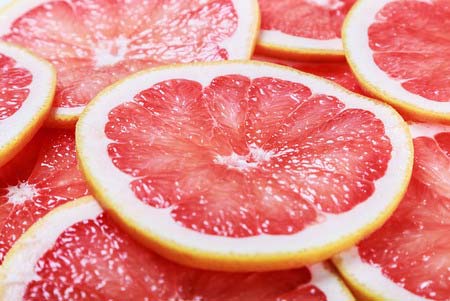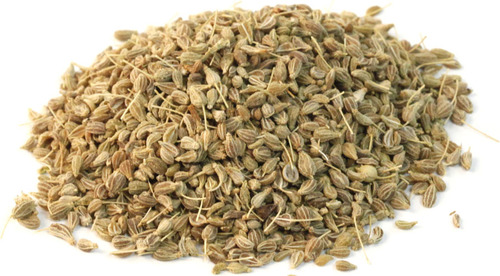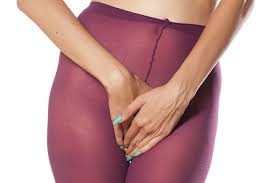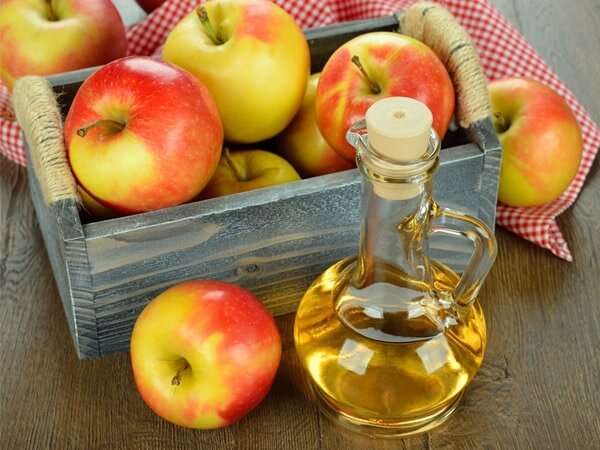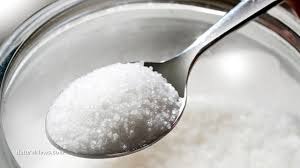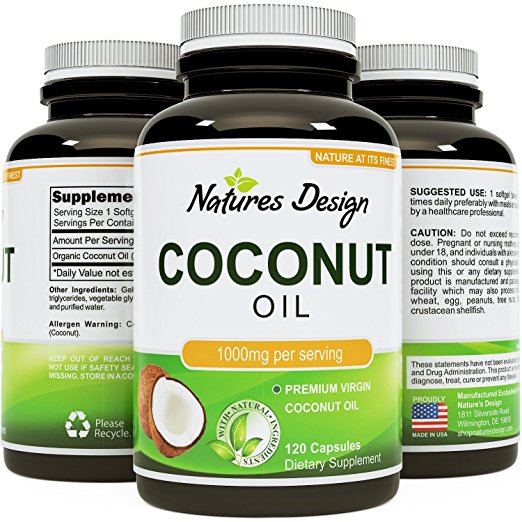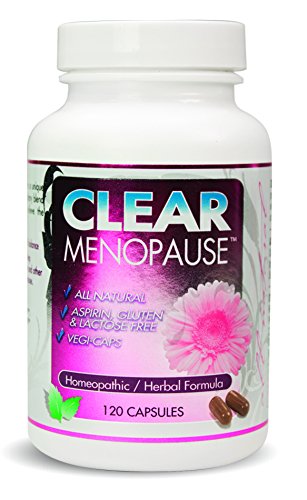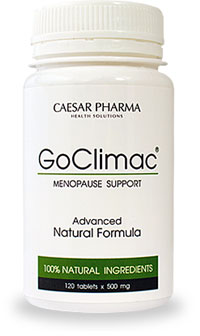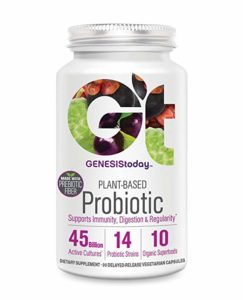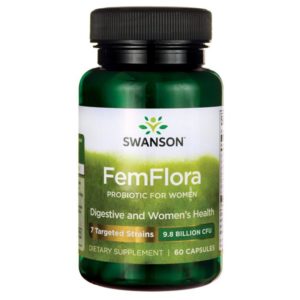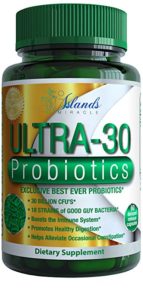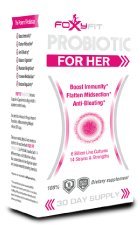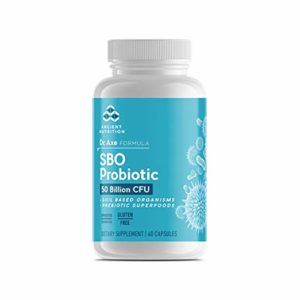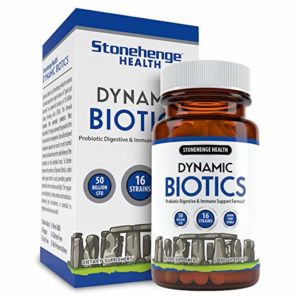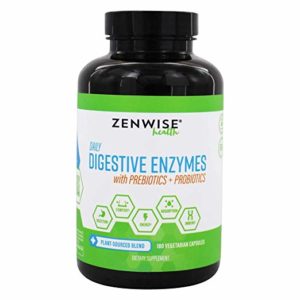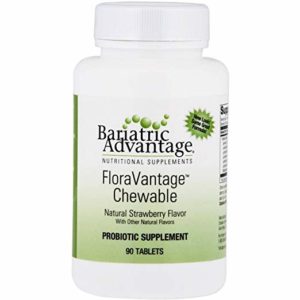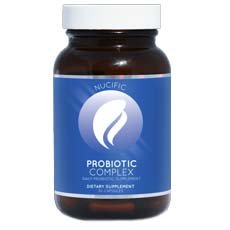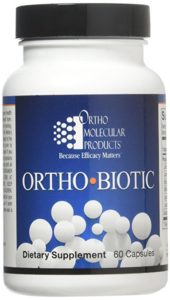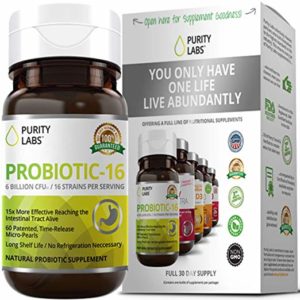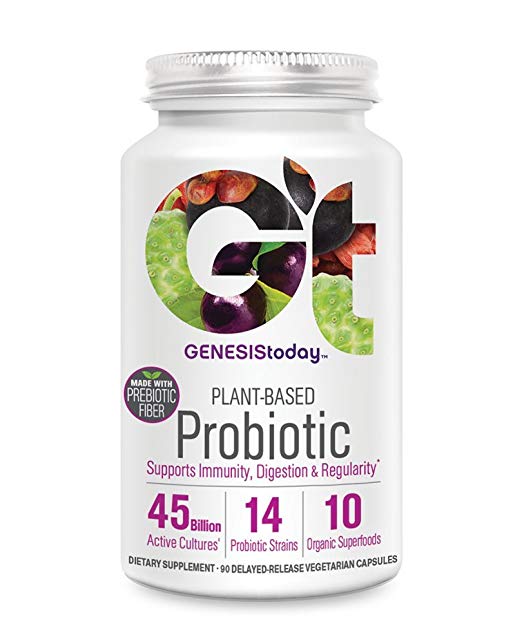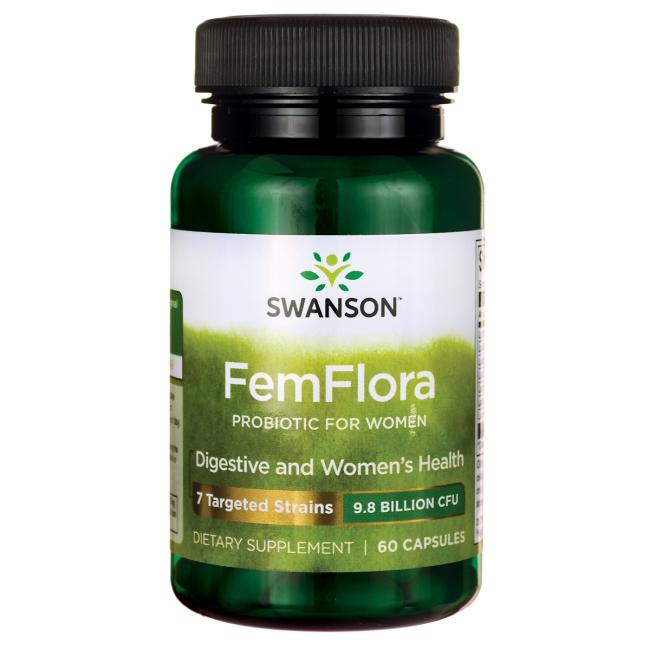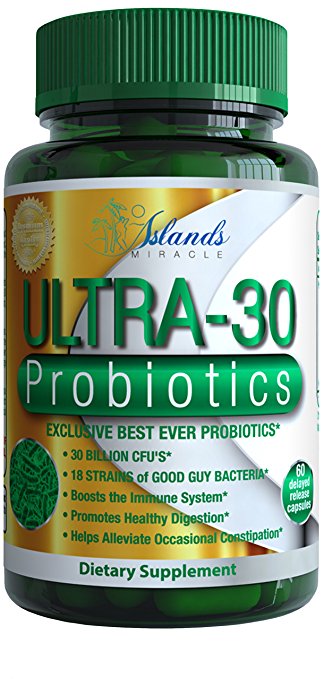
Feminine Issues?

The only All-Natural Product for:
- Feminine Issues
- Vaginal Odor
- Vaginal Itching
- Vaginal Discharge
Start Seeing A Difference Within a Few Days of Taking it!
WHAT'S THE PROOF?
Out of the tens of thousands of women that have tried Balance Complex, over 700 have been so impressed by the results, that they have voiced their results in the form of reviews for the product on Amazon, the world most TRUSTED online marketplace.
Below are just a few of the reviews of Balance Complex on Amazon:

"I have been looking for a probiotic to help with my feminine issues and this has done the trick!I have already recommended to other friends!" *

"I loved it. Just knowing that I was taking care of any problems that might occur that we as females go through gave me a piece of mind." *

"I was surprised it worked as fast as it did. Very Effective & Natural. I take one at night and one in the afternoon. And I feel so much better." *
Every order of Balance Complex on Amazon is backed by Amazon’s 100% money back satisfaction guarantee.
Try it for up to 90 days and if you aren't thrilled with the results, just notify Amazon and they will give you a full refund.
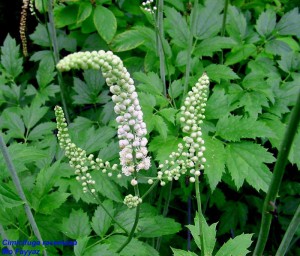
Black Cohosh
Black Cohosh is an herb that exerts its effects on the endocrine regulatory (hormonal) mechanism in your body. It’s a phytoestrogen, but by definition that means it’s weaker than the estrogens your body creates. Structurally, black cohosh more closely resembles estradiol, which researchers believe offers protection against cancer of the endometrium, ovaries and breast. That’s a real conclusion from research done on menopause treatment alternatives. You can take black cohosh for menopausal symptoms and get protection against cancer at the same time.
How should you take Black Cohosh for menopause?
The most commonly used preparation is black cohosh extract. It is standardized (that’s good because you know just how much of the herb you’re getting each time you take a capsule) to contain 250 mg of black cohosh extract. Not all uses for black cohosh have been approved by the FDA. Black cohosh should not be used in place of medication prescribed for you by your doctor.
Black cohosh is often sold as an herbal supplement. There are no regulated manufacturing standards in place for many herbal compounds and some marketed supplements have been found to be contaminated with toxic metals or other drugs. Herbal/health supplements should be purchased from a reliable source to minimize the risk of contamination.
How does Black Cohosh for menopause work?
Black cohosh has been used in alternative medicine as a possibly effective aid in reducing the frequency of hot flashes caused by menopause. Other uses not proven with research have included premenstrual syndrome (PMS), infertility, breast cancer, heart disease, osteoporosis, arthritis, rheumatism, migraine headaches, mental function, and many other conditions.
It is not certain whether black cohosh is effective in treating any medical condition. Medicinal use of this product has not been approved by the FDA. Black cohosh should not be used in place of medication prescribed for you by your doctor.
Black cohosh is often sold as an herbal supplement. There are no regulated manufacturing standards in place for many herbal compounds and some marketed supplements have been found to be contaminated with toxic metals or other drugs. Herbal/health supplements should be purchased from a reliable source to minimize the risk of contamination.
Black Cohosh has been used by Native Americans for more than two hundred years, after they discovered the root of the plant helped relieve menstrual cramps and symptoms of menopause. These days it is still used for menopausal symptoms such as hot flashes/flushes, irritability, mood swings and sleep disturbances. It is also used for PMS, menstrual irregularities, uterine spasms and has been indicated for reducing inflammation associated with osteoarthritis, rheumatoid arthritis and neuralgia.
Herbal researcher Dr. James Duke has this to say about Black Cohosh; “Black cohosh really should be better known in this country, especially with our aging population and the millions of women who are now facing menopause. Recognized for its mild sedative and anti-inflammatory activity, black cohosh can help with hot flashes and other symptoms associated with that dramatic change of life called menopause. It’s also reported to have some estrogenic activity. Herbalist Steven Foster refers to a study that compared the effects of conventional estrogen replacement therapy with black cohosh. That study looked at 60 women, younger than 40 years old, who had had complete hysterectomies and were experiencing abrupt menopause. In all groups, treatment with black cohosh compared favorably with conventional treatment.”
Review Overview
5.1 OVERALL SCORE
Feminine Issues?

The only All-Natural Product for:
- Feminine Issues
- Vaginal Odor
- Vaginal Itching
- Vaginal Discharge
Start Seeing A Difference Within a Few Days of Taking it!
WHAT'S THE PROOF?
Out of the tens of thousands of women that have tried Balance Complex, over 700 have been so impressed by the results, that they have voiced their results in the form of reviews for the product on Amazon, the world most TRUSTED online marketplace.
Below are just a few of the reviews of Balance Complex on Amazon:

"I have been looking for a probiotic to help with my feminine issues and this has done the trick!I have already recommended to other friends!" *

"I loved it. Just knowing that I was taking care of any problems that might occur that we as females go through gave me a piece of mind." *

"I was surprised it worked as fast as it did. Very Effective & Natural. I take one at night and one in the afternoon. And I feel so much better." *
Every order of Balance Complex on Amazon is backed by Amazon’s 100% money back satisfaction guarantee.
Try it for up to 90 days and if you aren't thrilled with the results, just notify Amazon and they will give you a full refund.
Recent Tests
Categories
- General Health
- Feminine Guides
- Ingredient Guides
- Product Reviews
- Bacterial Vaginosis Products
- Candida Products
- Menopause Products
- UTI Products
- Yeast Infection Products
About Us

FeminineHealthReviews is dedicated in bringing you the top unbiased editorial reviews and ratings for natural products and supplements, along with specs, user reviews, supplement facts and more.
These statements have not been evaluated by the Food and Drug Administration. This product is not intended to diagnose, treat, cure or prevent any disease.
*Results may vary. If you are pregnant, nursing, have a serious medical condition, or have a history of heart conditions we suggest consulting with a physician before using any supplement. The information contained in this website is provided for general informational purposes only. It is not intended to diagnose, treat*, cure, or prevent any disease and should not be relied upon as medical advice. Always consult your doctor before using any supplements. Disclosure of Material Connection: Some of the links in the post above are "associate sales links." This means if you click on the link and purchase an item, we will receive a commission. Regardless, we only recommend products or services which we use personally and/or believe will add value to our readers. We are disclosing this in accordance with the Federal Trade Commission’s 16 CFR, Part 255: "Guides Concerning the Use of Endorsements and Testimonials." Disclaimer: © 2025 All Rights Reserved. The information provided on this site is intended for your general knowledge only and is not a substitute for professional medical advice or treatment for specific medical conditions. You should not use this information to diagnose or treat* a health problem or disease without consulting with a qualified healthcare provider. Please consult your healthcare provider with any questions or concerns you may have regarding your condition.Your use of this website indicates your agreement to this websites published terms of use and all site policies. All trademarks, registered trademarks and service-marks mentioned on this site are the property of their respective owners.





